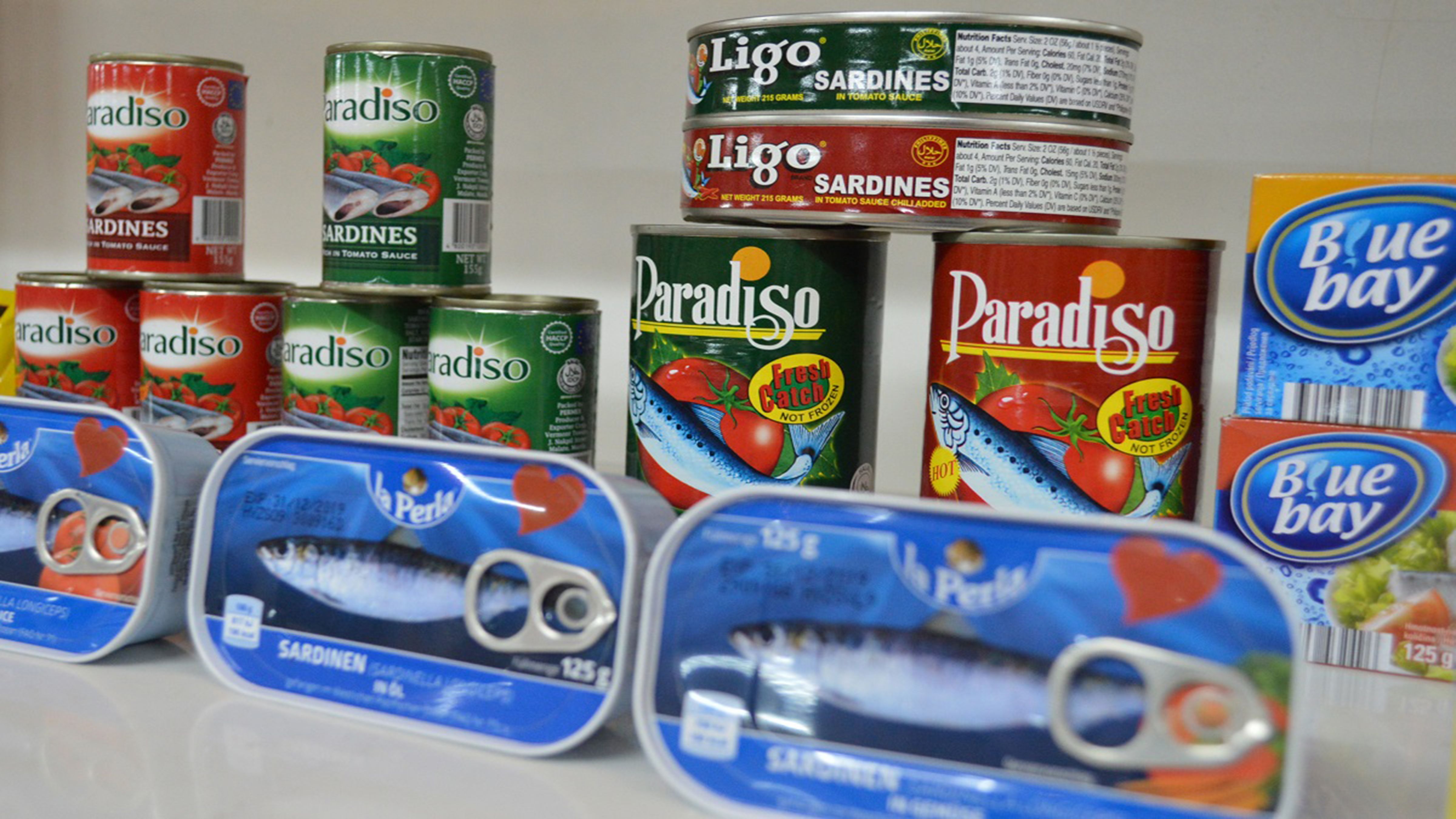HALAL products’ invasion of the country’s retail industry such as the upscale supermarkets, hypermarkets, signature fast-food brands, and in the service industry -- hotels, and restaurants-- continues without letup.
There’s no shelf in Metro Manila’s branded supermarkets that doesn’t carry halal-certified products, from corned beef to almost all canned items, milk and chocolate products, beverages, and coffee items.
Consumer items from beauty and health products to personal hygiene are now being sold as halal-certified, complete with a halal logo.
Industry observers have called this unfolding economic event the “Islamization” of the country’s food industry, which could be completed over the next 50-100 years.
Many upscale hotels and restaurants are now using halal-certified meats such as beef, chicken, and lamb.
And several of them, from the five-star to the four-star hotels, have secured halal certification, which simply means that they may cater to Islamic visitors and offer them halal dishes they are familiar with back home.
The big question: How come it is happening in the Philippines?
The answer is simple: More and more Islamic people – Muslims, in short – have found their way to the Philippines as tourists and as migrants, and prefer to eat food prescribed by their faith – the halal foodstuff.
In Arabic term, “halal” means permissible, referring to food products that Islamic people may consume, especially beef and chicken.
And unless the halal logo is attached to the product, the Islamic consumers won’t dare touch it, lest they violate their Islamic faith by consuming food not prescribed by their religion.
And why is halal certification important to Muslim consumers?
Islamic people don’t consume meat such as pork and any meat parts from hogs (or pigs).
The halal logo that comes with the product’s label is an assurance that the product, especially corned beef, canned chicken, or lamb, was processed or cooked without using lard or fat from pigs.
Before cattle, goat, lamb, or chicken are butchered, they are prayed over by a Muslim religious leader and are offered to the Islamic god, Allah.
It is one reason halal food processing companies in the US, where a growing population of Islamic people has been noticed during the past 10 years, have to import Islamic religious leaders called Imam to preside over the offering ritual before an animal is butchered.
Wanting to dip its finger into the 10 trillion-dollar global industry, the managers of the Philippines ’ export processing zones – the Philippine Economic Zone Authority (EPZA) – have invited Malaysian investors and food manufacturers to set their processing plants in several halal-designated production hubs in Mindanao.
The hubs are one of the new economic zones that PEZA has introduced lately to support economic growth.
In a recent halal conference in Malaysia, Director General Charito ‘Ching’ Plaza highlighted the halal hubs and production zones where Malaysian investors can locate and expand their industries particularly in the countryside.
“With the Republic Act 10817 also known as the Philippine Halal Export Development and Promotion Act of 2016, and Republic Act 11439 or the Islamic Banking Act, our country is poised to becoming a significant player in the global Halal industry,” Plaza noted.
She said PEZA has identified 18 sites in Mindanao such as Bukidnon, Agusan del Sur and del Norte, Davao City, Sulu, Sultan Kudarat, Surigao del Sur, Misamis Occidental, Lanao del Sur and del Norte, Davao del Norte, North Cotabato, Zamboanga del Sur and del Norte, Zamboanga Sibugay, Basilan, Tawi-Tawi, and Maguindanao, areas rich in agriculture, aquaculture, and Agro-forestry among others.
The PEZA chief said, “At present, we have 56 Malaysian enterprises registered in PEZA ecozones.
These Malaysian companies have generated P17.571 billion of investments cumulatively from 1995 to June 2021, and as of August 2021, these companies employ 10,998 workers and contribute US$52.599 million of exports.”
There are nine Halal-certifying bodies in the Philippines, namely the Islamic Da’wah Council of the Philippines, Halal Development Institute of the Philippines, Mindanao Halal Authority, Muslim Mindanao Halal Certification Board, Halal International Chamber of Commerce and Industries in the Philippines, Mindanao Halal Authority, Islamic Advocate on Halal and Development, Philippine Ulama Congress Organization, Alliance for Halal Integrity in the Philippines Inc., and Prime Asia Pacific.
Industry sources said that as of 2018, the existing Muslim market size is worth US$2.2 trillion and has the potential to grow about US$3.2 trillion by 2024.
The largest market for Muslim consumers is the halal food and beverage sector.
To date, Philippine halal suppliers offer products under these food segments: Cereal, carrageenan and other food additives, beverage, bakery, grain, chemical, confectionery, beauty and cosmetic, egg, edible fungus, flour and starch, food supplement, gelatin, ice cream and dairy, ink and packaging material, noodle and pasta, nut, and many others.
“Given the Malaysians’ contribution in our economy, which is vital especially during this pandemic, we must continue to attract more Malaysian investors to come and invest in the Philippines and widen our reach for sectors unique only in Malaysia,” she emphasized.
To date, PEZA manages 415 economic zones nationwide which host 4,665 locator companies that directly employ 1.6 million workers.
PEZA has also generated P32.057 billion of investments and exports, amounting to US$30.177 billion during the first half of 2021.
